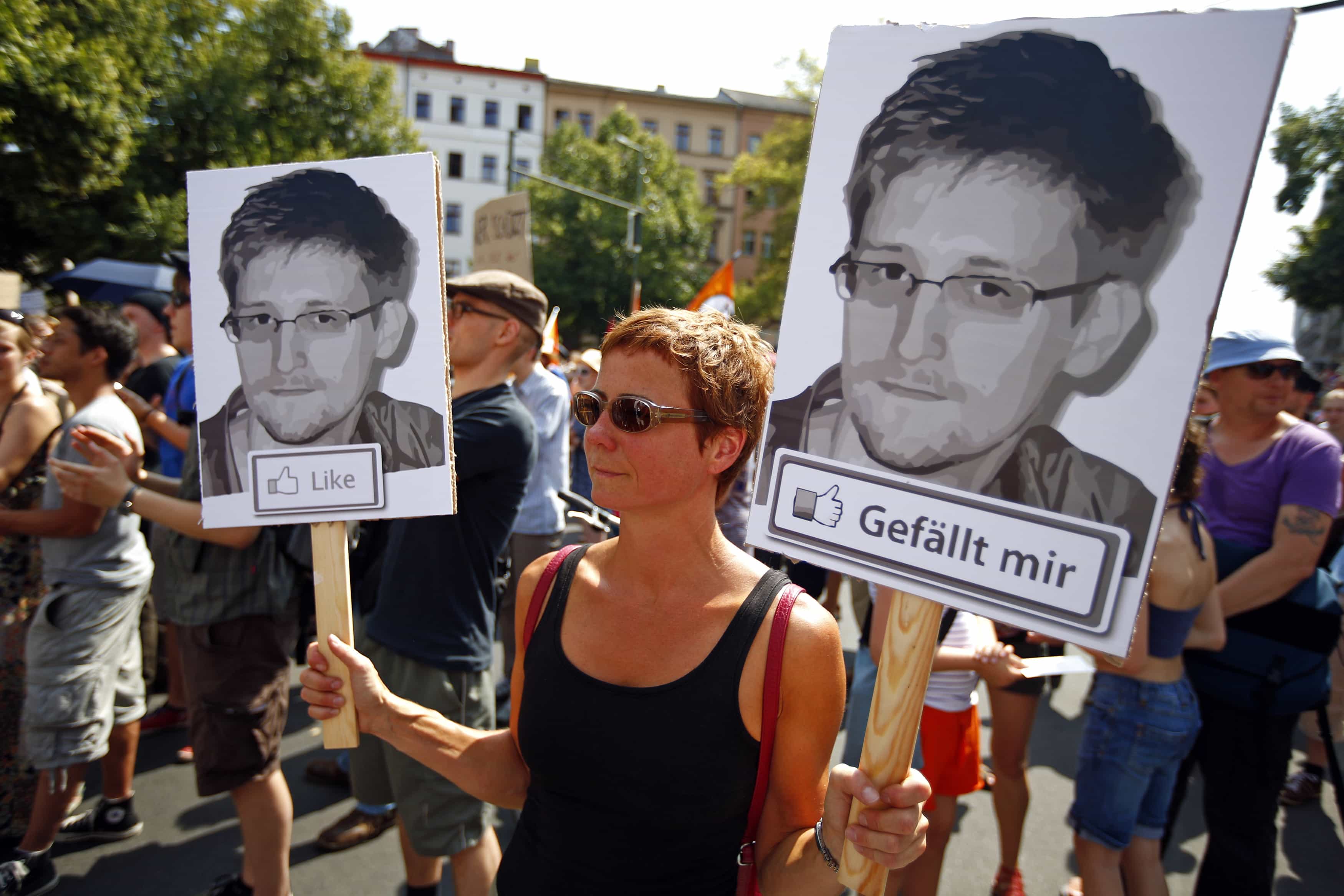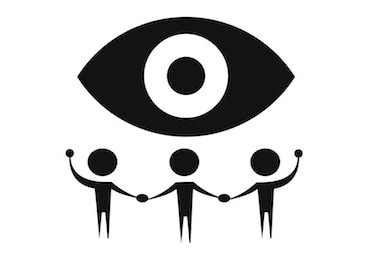Articles by Electronic Frontier Foundation (EFF)

EFF supports human rights case against US company Cisco for selling surveillance technologies to China
A case filed by Chinese human rights activists in a US court alleges that tech giant Cisco knowingly customised, sold and provided support for technologies used by the Chinese government to facilitate human rights abuses.

Over 150 groups urge President Obama to protect whistleblowers and journalists
Over 150 IFEX members and partners of ARTICLE 19 appealed to US President Obama to drop charges against whistleblower Edward Snowden, update the Whistleblower Protection Act and pass a media shield law.

Global coalition stands against unchecked surveillance
People are encouraged to join around 200 organisations supporting the adoption of 13 basic principles applying existing human rights law to modern digital surveillance.

What will Japan’s entry into international trade agreement mean for Internet users?
Japan is arriving late to the Trans Pacific Partnership table, but its participation already risks making Japanese law harsher while demolishing the hard-won victories of copyright reformers in the country.

Ahead of U.S.-Vietnam meeting, Obama urged to press for blogger’s release
Nineteen human rights organisations have written to U.S. President Barack Obama to raise the issue of the detention of human rights defender and blogger Mr Le Quoc Quan when President Truong Tan Sang of Vietnam meets Obama on 25 July 2013.

Why doesn’t Skype include stronger protections against eavesdropping?
Skype has long claimed to be “end-to_end encrypted”, suggesting that conversations over the service would be difficult or impossible to eavesdrop upon; however, a recent “Guardian” report suggests that Microsoft has turned over Skype conversation contents to the U.S. government since at least February 2011.

Tech companies and NGOs ask U.S. to expand reporting on surveillance
Human Rights Watch, with over 20 technology companies and 30 NGOs and investors, sent a letter asking President Obama and directors of U.S. security and intelligence agencies, to take specific steps to expand reporting on national security surveillance.

US-EU trade agreement could threaten Internet freedom, leaked information reveals
The first round of talks in what the U.S. and EU trade representatives intend to be the largest bilateral trade agreement ever have begun; according to the first leaks of negotiation documents, it threatens to be yet another trojan horse for copyright and Internet issues.
